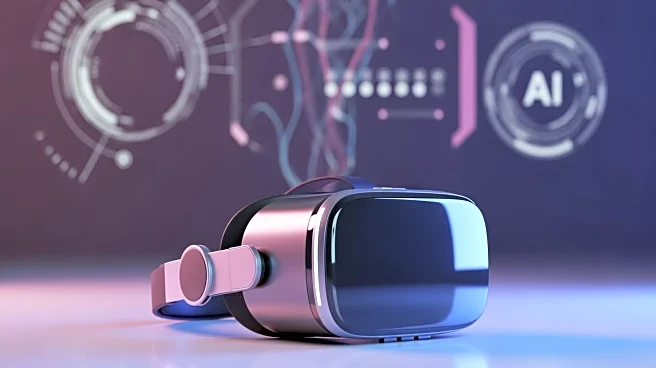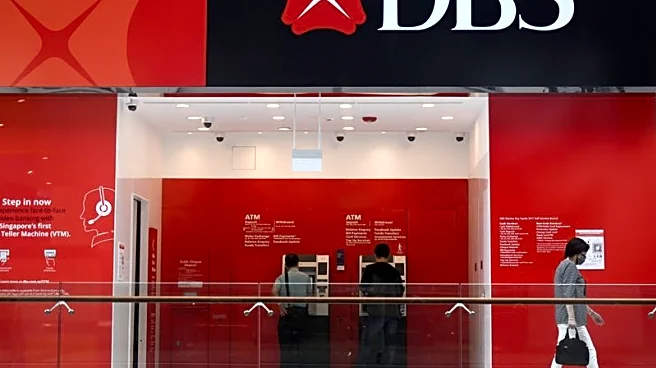What's Happening?
A new trend has emerged where individuals are using AI applications to create images of themselves enjoying luxury experiences as a form of personal escapism. This phenomenon is particularly popular among middle to low-income users in Tier-2/3 cities,
who earn less than $400 per month. These AI-generated images allow users to visualize themselves in scenarios they may never experience in real life, such as posing with luxury cars or shopping at high-end stores. The app Endless Summer, developed by Laurent Del Rey, is one such platform that offers users the ability to create fictional vacation photos. Other similar apps include Manifest AI Coach, Manifestar AI, and ManifestMe, which promise to help users visualize and manifest their goals through AI-generated visuals.
Why It's Important?
The use of AI for creating virtual luxury experiences highlights a growing trend of digital escapism, where individuals seek solace in virtual representations of a life they aspire to but may never achieve. This trend underscores the socio-economic disparities faced by many users, as they turn to technology to experience a semblance of luxury. The popularity of these apps reflects a broader societal desire for escapism and the psychological impact of economic limitations. It also raises questions about the ethical implications of using AI to create potentially misleading representations of reality, and the effects this might have on users' perceptions of their own lives.
What's Next?
As the demand for AI-generated luxury experiences grows, developers may continue to innovate and expand the capabilities of these applications. This could lead to more sophisticated AI tools that offer increasingly realistic virtual experiences. Additionally, there may be discussions around the ethical considerations of such technology, particularly in terms of its impact on mental health and societal expectations. Stakeholders, including tech companies and policymakers, might explore regulations to ensure these apps do not exploit vulnerable users or contribute to unrealistic societal pressures.
Beyond the Headlines
The rise of AI-generated luxury experiences could have long-term cultural implications, potentially altering how individuals perceive wealth and success. As virtual escapism becomes more prevalent, it may influence consumer behavior and expectations, leading to shifts in how people prioritize real-world experiences versus digital ones. This trend could also spark debates about the role of technology in shaping societal values and the importance of addressing economic inequality.
















